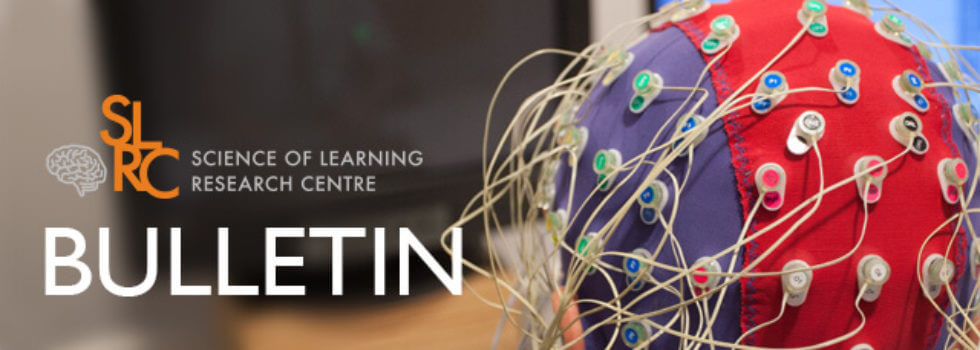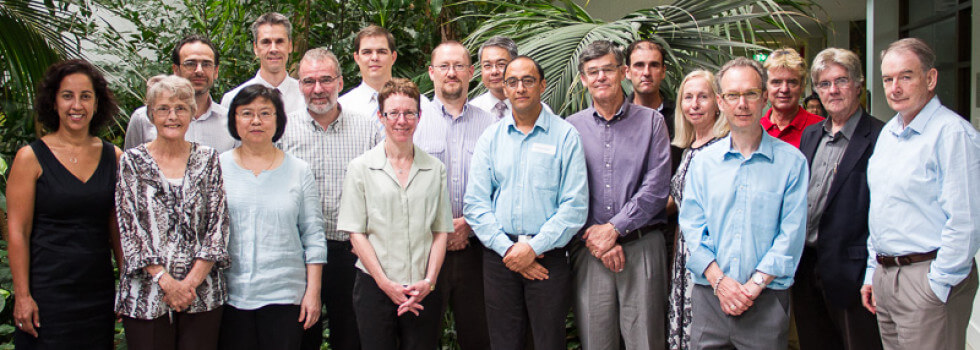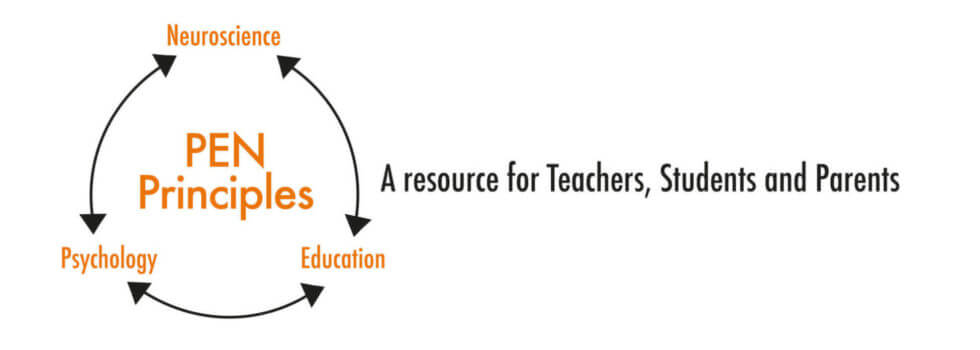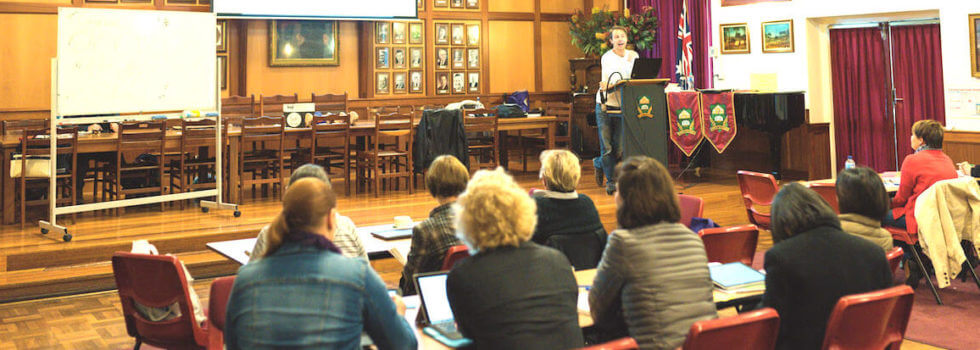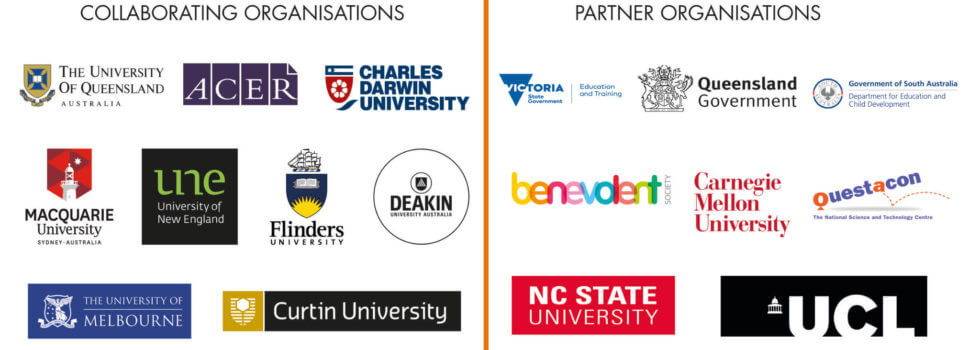
Welcome to the Science of Learning Research Centre
The Science of Learning Research Centre is a Special Research Initiative of the Australian Research Council.
In the Centre, researchers in education, neuroscience and cognitive psychology are working together with
teachers to understand the learning process.

